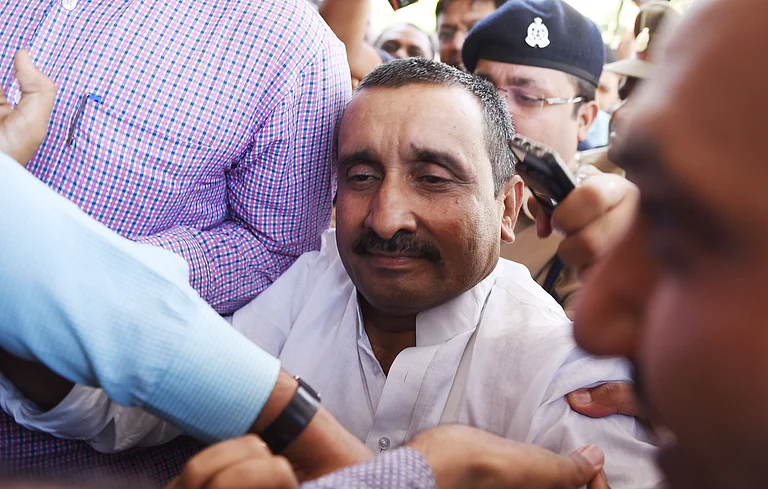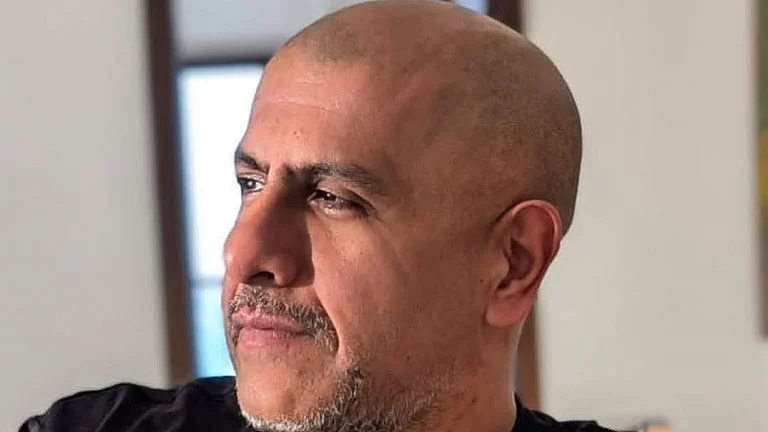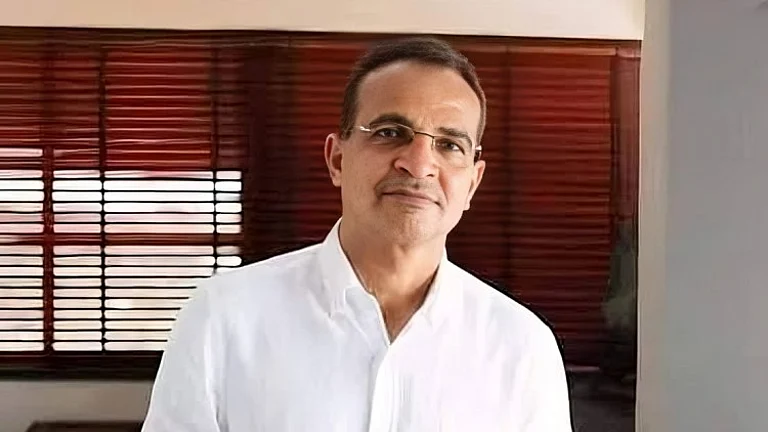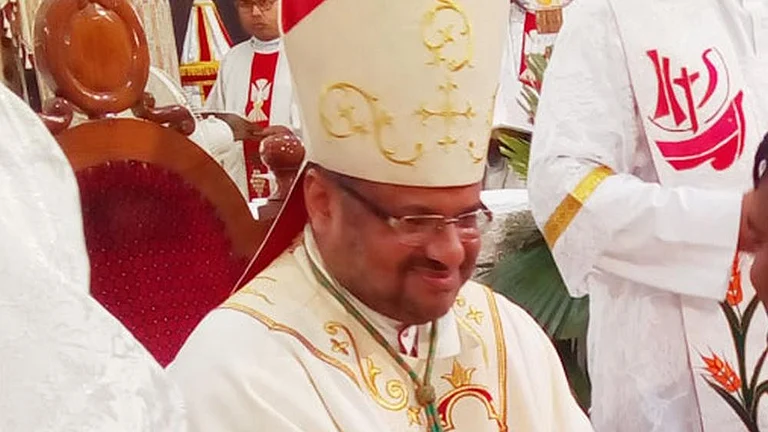This is part of a series of articles by Outlook to document past and present cases of rape and sexual assault on women. To read articles from Outlook's 11 September 2024 magazine issue 'Lest We Forget', click here
In public memory, she is still known as the ‘Suryanelli Girl’, even though she is now 44 years old. Unable to bear the isolation and social stigma, she and her family moved to another town from Suryanelli in Idukki, Kerala, soon after she was gang-raped at 16 years old. They prefer to remain anonymous. In their new town, refusing to disclose even where they have moved.
It’s been 28 years since the night of January 16, 1996, when she, as a teenager, was reported missing from her hamlet home in the town of Suryanelli. She appeared forty days later at her father’s post office with injuries all over her body, including cuts on her genitalia. She was weak and so grievously hurt that she was unable to walk. The young girl had been repeatedly gang-raped by 42 men for the month and 10 days that she had been missing.
When she recovered, she shared her ordeal with her mother. She had developed a relationship with a bus conductor. She shared photos of herself, picked out from her family albums, with him as keepsakes. Though these were not explicit images, the bus conductor threatened the teenager that she would be ruined in society’s eyes if he told anyone that she had shared any photos with him. She had never left her village and could not think of a worse fate than having her and her family’s reputation besmirched within that society. She agreed to the man’s condition that she travel with him in return for not spreading rumours about her. However, en route, the bus conductor vanished. She was then targeted and then kidnapped by a woman. After being abducted, she was handed over to an SS Dharmarajan, who sexually assaulted her on the first night. Dharamrajan told her that if she did not cooperate with him, her father would be killed. Securing her silence with this threat, he then trafficked her within Kerala. Within 40 days, 42 men had raped the young girl across the towns and cities of God’s Own Country.
When the police first registered an FIR, it was for a missing person. However, the criminal investigation escalated when she told them the horrific details of her imprisonment and assault. The police collected evidence, including hotel registers and testimonies, leading to the identification of multiple accused.
The Suryanelli case has been fraught with challenges. In September 2000, a Kottayam District and Sessions court convicted 35 of the accused and sentenced them to prison terms ranging from four to thirteen years. However, the accused appealed the verdict. In January 2005, the Kerala High Court cited lack of evidence and procedural errors in the investigation and acquitted all but one of the accused. This acquittal was met with public outrage and criticism, particularly of the judge's remarks about the survivor. “The girl is not normal, she is deviant,” Justice Basant had said while expressing that the case was one of child prostitution.
The Supreme Court had to intervene. On January 31, 2013, the Supreme Court set aside the High Court's acquittals and ordered a fresh hearing of the case. This decision was influenced by the heightened public sensitivity towards sexual violence, particularly following the 2012 Delhi gang rape case. The Supreme Court's order led to a re-evaluation of the evidence, and a Special Bench was formed to hear the appeals.
After thoroughly re-examining the case, on April 4, 2014, the Kerala High Court convicted 24 of the 31 accused. The court meted out different prison terms for each accused. The court sentenced Dharmarajan, the primary accused, to life imprisonment. The verdict was seen as a long-awaited measure of justice for the survivor who had waited 16 years for accountability.
The activists who engaged in this case supporting her since the beginning believe that the course of the case was changed due to the political overtones associated with the case. She identified PJ Kurien, former Union Minister and Deputy Chairman of Rajyasabha. She recognised him as one of her assailants while looking at a newspaper photo of him two weeks after the investigation had started. She said that he sexually assaulted her at an Idukki government guest home. The family's report to the police that Kurien was one of the rapists gave the case an unfathomable impetus and led them down a path of horrors beyond anything they had before encountered.
Kerala held both the Assembly and Lok Sabha elections in that year. The CPM used the rape as an election issue to attack Kurien and the Congress during the campaign. Newspapers affiliated to the Congress abruptly shifted their tone regarding the girl. They had shown her sympathy up until that point. They then began mentioning her "immoral track record" in passing and occasionally even directly. Although it was untrue, she was suspected of eloping with her boyfriend. There was a lot of pressure on the family to drop the accusations. The police informed them that it would damage the girl's prospects and the family's standing. Despite being shunned by family members and excluded from their social group, they pursued the lawsuit.
As compensation for the injustice suffered, she was given a job in the Government service. She lives with her old parents and elder sister in a town far from Suryanelli, which she refuses to disclose. Even the neighbours in the locality learned that she is a survivor of a sexual crime many years after she moved there. Things have greatly improved as the people in her new town extend solidarity to her and her family. However, the price that she had to pay for sexual crime against her is irrecoverable.


























